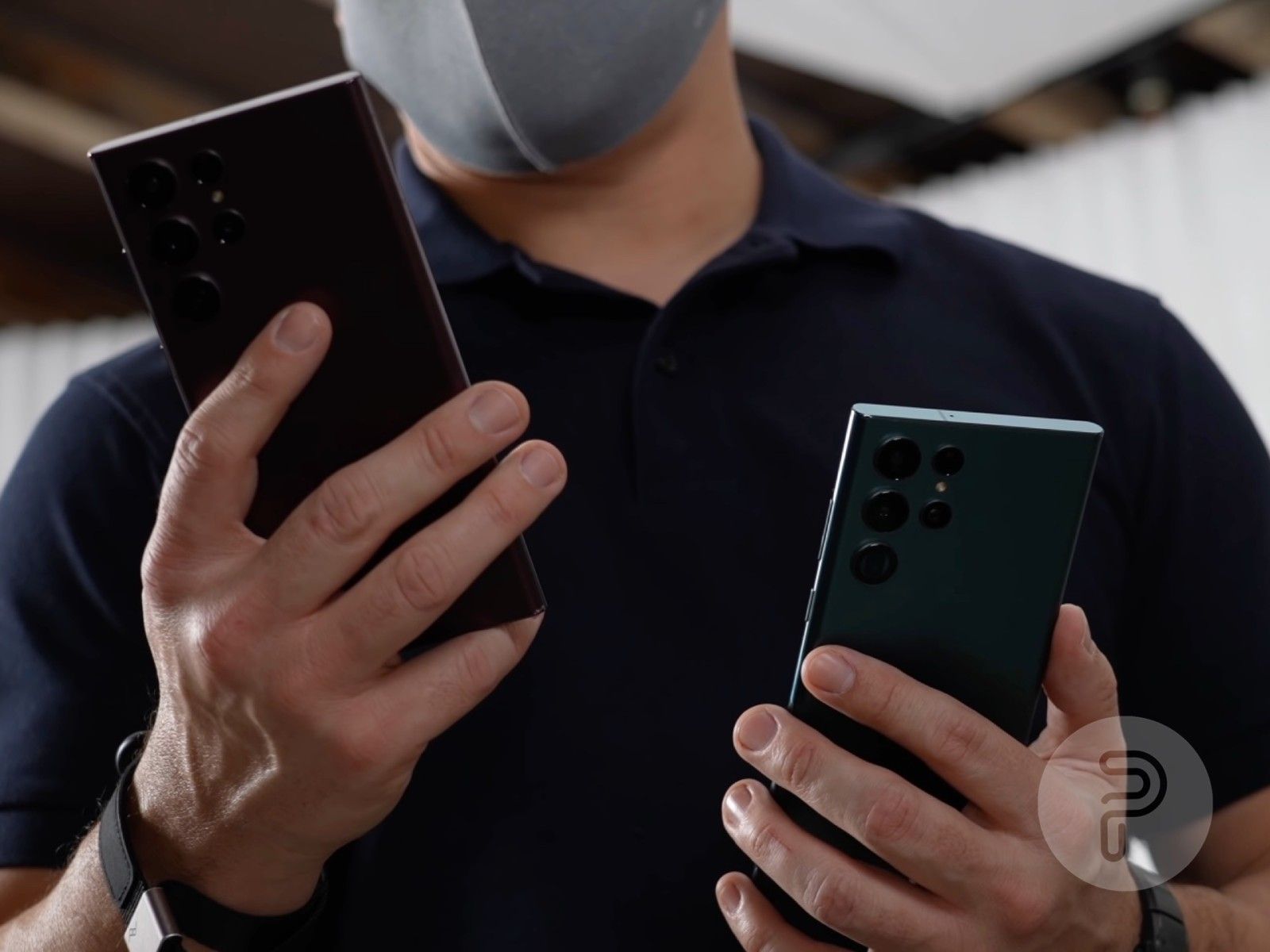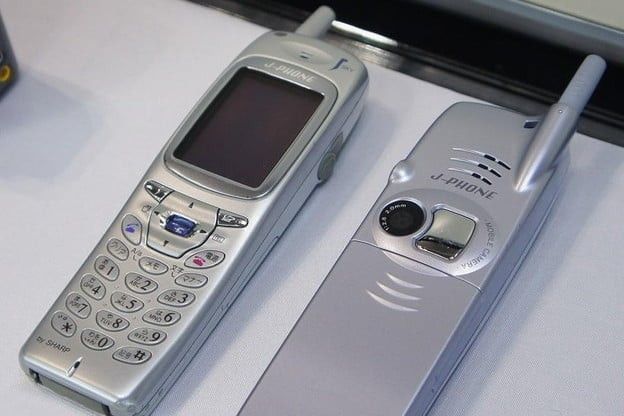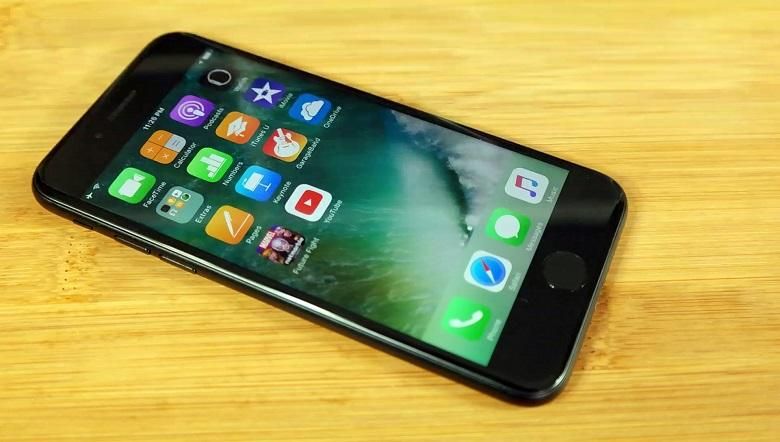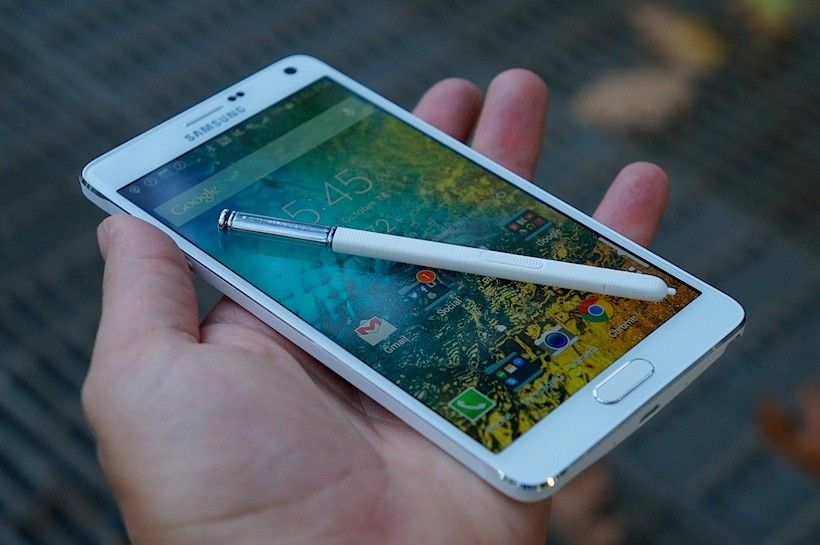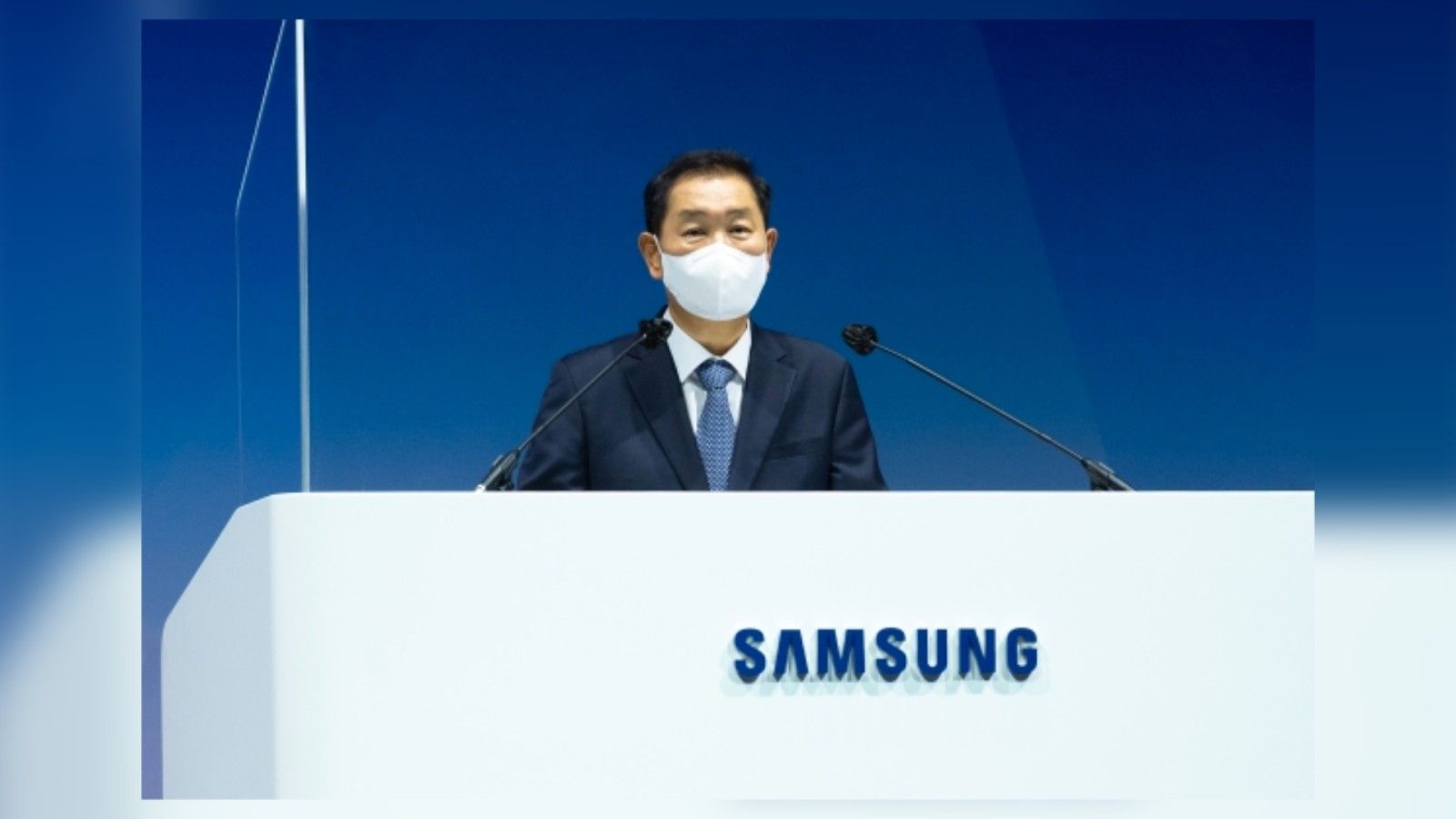The tech world has slowly become more and more demanding as it evolves. I remember when we used to go crazy about having internet on our mobile devices. When we were happy with the chance of having one of the first mobile phones with a built-in camera, which could take less than 50 photos at 350,000-pixel resolution, thanks to the limitations that came with a 0.3-MP camera.
Of course, this was about twenty years ago, which also means that we didn't measure our phone's capacity by how much RAM or storage space it had. Hell, we were lucky if we could squeeze in more than 500 contacts to our phonebooks, and our call records would only show the last 10 numbers you dialed, received, or missed. Still, we were sure that our devices gave their best, no matter the circumstance.
Source: Digital Trends
However, things have changed over the last few years, as it seems that throttling devices has become quite a popular practice. Apple, Samsung, and Xiaomi have been caught slowing down their devices when performing specific tasks.
The first example comes from fan-favorite Apple, who had to pay several fines and lawsuits over the whole Batterygate issue. With each new update, the company was deliberately slowing down the processors on older iPhone models. Apple claims that this was made to prevent its devices with degraded batteries from shutting down when under a high load.
Some believed that slowing down older iPhone models was Apple's way to force people to buy the latest model. However, others may believe that it's the opposite, as having a slower device that doesn't reboot under high load may be better than having a snappy and fast phone that shuts down all the time. Of course, Apple apologized for the whole incident. It even offered to replace the batteries in older iPhone models for a more affordable price so that they could keep up with new and more demanding software. However, the company didn't dodge the criticism for slowing down their devices without giving any announcement, warning, or even options to the users. Apple continues to throttle older iPhone models, but now, its clients can choose to turn off the 'Optimized Battery Charging' feature on the Battery Health section of their iPhone's settings.
However, Apple isn't the only company throttling its devices, as Samsung was also fined back in 2018 for slowing down its phones. This specific issue affected Galaxy Note 4 owners. The company told them to install a new version of Android, which was intended for the Galaxy Note 7, which led to their devices becoming slow.
Unfortunately, Samsung didn't stop there, as it was recently caught red-handed, slowing down thousands of apps on Galaxy devices with an app called "Game Optimizing Service." The problem with this app is that the users couldn't disable it, and it affected the performance of about ten thousand apps, making them run slower than they were intended. The apps being throttled included Instagram, Netflix, and more.
Samsung eventually issued an official and formal apology to its users. At the same time, the company, through Vice Chairman and CEO Jong-Hee Han, claimed that it would "listen to customers more closely to prevent such an issue from happening again." He also explained that "the Game Optimization Service (GOS) was designed to optimize smartphone performance during gaming, "but this service had to throttle other apps to preserve battery life on their phones.
"In order to meet the needs of various customers recently, we plan to implement a software update that provides a performance priority option in the game booster lab within the game launcher app as soon as possible. We will continue to listen to consumers' opinions and do our best for customer satisfaction and consumer protection."
Samsung vice chairman and CEO JH Han
Source: Samsung
Finally, Xiaomi has also been exposed. John Poole, the co-founder of the Geekbench app, recently posted that Xiaomi was "making performance decisions based on application identifiers," which made the device perform slower when running games like Fortnite, Genshin Impact, and others. We are still waiting to see what Xiaomi has to say on the matter, but it will most likely go along the lines of what we received from Apple and Samsung.
Indeed, these companies may be trying their best to help their older devices remain relevant and useful, but they all seem to fail in an essential aspect, trust. Cause it's a bit difficult to trust a company that chooses what's best for its users without giving them an option to choose. It would be best to come clean and explain why they need to throttle some apps. Then, it wouldn't be so hard to understand. I mean, it's not like you can run The Legend of Zelda: Breath of the Wild on the Nintendo 64 or try to run Fortnite on a dated device. Some things are just not meant to be. But don't take away our freedom to choose.

